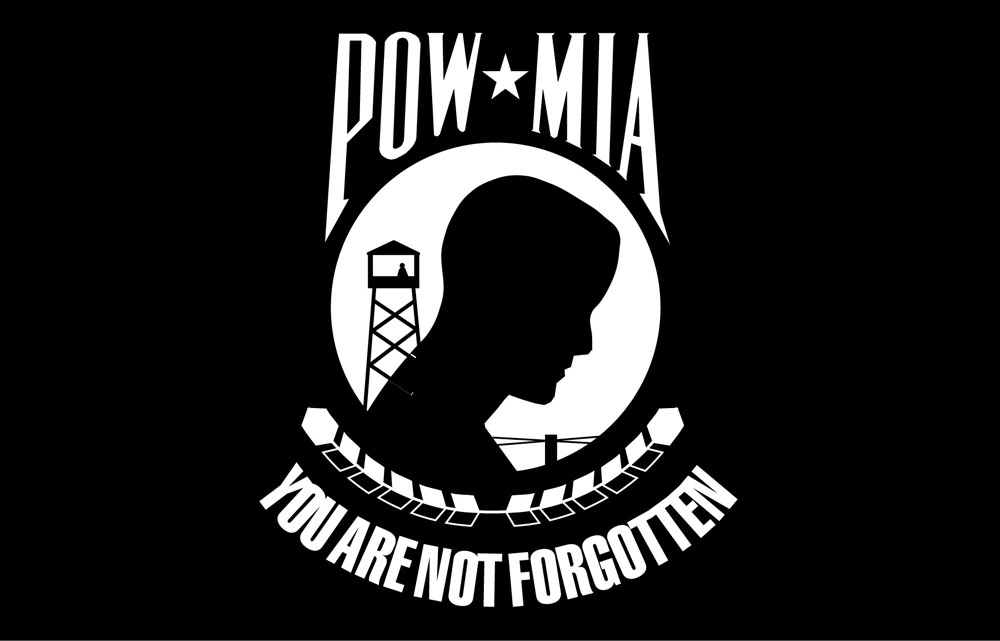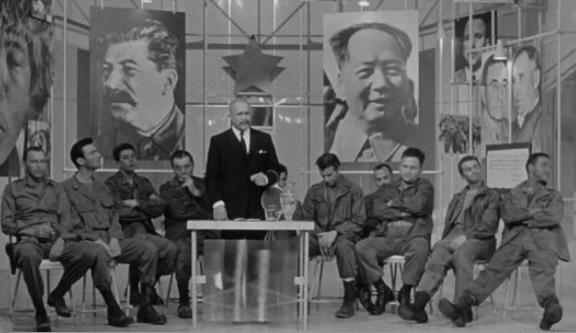 |
Exploiting Korean War POWSBy Ben Chitty (reviewer)
Name, Rank and Serial Number: Exploiting Korean War POWs at Home and Abroad Every day on my way to work I drive by P.S. 8, my local public elementary school, where the POW-MIA flag flies beneath the US flag. These days it seems more like an ironic celebration of Gitmo than any genuine patriotic sentiment, and surely it's a deceptive symbol to show to children. The use of POWs for propaganda and indoctrination, a.k.a. education, turns out to have some history. Professor Young has done some amazing research and published an extraordinary contribution to our understanding of the Forgotten War, and to the hidden history of our government's political use of prisoners of war in the Cold War. The story of the war itself is briefly told. On June 25, 1950, forces of the Democratic Peoples' Republic of Korea (DPRK) crossed the 38th parallel into the Republic of Korea. Seoul fell in July, and by late August the Republic of Korea (ROK) and its US and UN allies were on the verge of complete defeat. Using troops stationed in occupied Japan, General MacArthur landed at Inchon on September 15, recapturing Seoul on September 25, crossing the 38th Parallel into North Korea around the first of October, and occupying Pyongyang October 19. The same day, elements of the Chinese Peoples Volunteer Army crossed the Yalu River into Korea, and moved on US/UN forces, driving them south. Seoul was recaptured in early January 1951. By early February, the war was at a stalemate. A new Chinese offensive collapsed in May. Truce talks began in July and were essentially concluded by December, 1951. However, the truce was not signed until July 1953, delayed by a single issue, the repatriation of prisoners of war. Once both sides met their military objectives — the US stopped the invasion of the South, the Chinese the invasion of the North — the war mutated into an intense propaganda campaign. On the international front, it was a display of US credibility against the aggression of the Communist Bloc and an ideological struggle between freedom and tyranny. On the domestic front, it was a psyops campaign designed to mobilize a war-weary populace for a new war against Communism with permanent conscription and vast military spending. POWs served in both campaigns. On the international front, Chinese and Korean claims of biological warfare, documented by confessions extracted from American pilots, were countered by reports that vast numbers of Communist POWs wished to refuse repatriation, to trade an enslaved life under Communism for a free life in South Korea or Taiwan. The deployment of weaponized insects was never conclusively proved; the repatriation story is more complicated. US soldiers captured in the first months suffered greatly during the winter of 1950-51, even being strafed by US airplanes as retreating DPRK units moved POWs north. The US shot at anything that moved. Thereafter, conditions became less grim. The Chinese considered enemy soldiers to be fellow proletarians, and had some success reeducating captured Kuomintang troops during and after the civil war. They took the same approach to American captives, and prison camp life mainly revolved around lectures and discussions about the failures of the capitalist system. In addition to confessing to biological warfare, POWs were encouraged to question the war in their letters home, sometimes even to condemn it. After the armistice, 21 US soldiers elected to stay in Korea. Conditions were different in POW camps run by the US, like the main camp on Koje-do Island, which held over 150,000 prisoners at its height. The camps did run education programs, especially vocational courses, and gave access to Christian missionaries, although not the Red Cross. However, the guards let the prisoners pretty much police themselves, mainly through gangs. Political operatives from Seoul and Taiwan were sent into the camps. Taking charge of some gangs, they worked to persuade POWs — especially KMT and ROK veterans impressed or enlisted into DPRK forces or the CPVA, to defect, or refuse repatriation. They used threats and intimidation, as well as techniques like tattooing recalcitrants with anti-communist slogans to temper thoughts of home. After the armistice, thousands of Korean and Chinese POWs refused repatriation, many of them undoubtedly by free choice, many others certainly coerced. The war dragged on for nineteen months while the details were debated and negotiated about who would be allowed to refuse repatriation. Propaganda substituted for military victory. Coming home, American POWs found themselves embroiled in one more war. First, the military had to explain why so many soldiers surrendered, so few tried to escape, so many confessed to war crimes, and so many questioned or condemned the war in letters home. The ready answer was that they had been brainwashed, an insidious technique perfected by perfidious Communists to sap a prisoner's will and turn him into a stooge, or worse. The government expected some or many of the returned POWs to become political subversives. The Department of Defense was more concerned about discipline. Collaboration was an offense under the newly adopted Uniform Code of Military Justice. The military developed extensive files on suspected collaborators during intensive interrogations of the POWs as they were shipped across the Pacific. The Army, which depended on conscripts to fill out the ranks, was especially adamant that collaborators be court-martialed; other branches not so much. But the proposal provoked a backlash of popular criticism. If the solders had been brainwashed, how were they responsible? Why were Army conscripts singled out for punishment over sailors, Marines, and air crews? Many returning soldiers had already been discharged. Their files were turned over to the Justice Department (DOJ). Since collaboration is a military infraction, not a civilian crime, DOJ declined to prosecute. In the end only 14 soldiers went to court martial, 11 were convicted, and most of those convictions reversed. Still, DOD needed to know why its soldiers had proved so vulnerable to brainwashing and indoctrination. The answer was "momism." The collaborators were morally weak because of too strong an attachment to their mothers, a psychiatric disorder rooted in an incestuous maternal relationship and known to produce effeminacy and other deviant attitudes and behaviors. The theory dovetailed with another theory of the McCarthy period, that sexual perversion was a contagious social disease which predisposed its victims to political perversion, a theory which led the Truman and Eisenhower administrations to purge thousands of suspected homosexuals from government service. The theory also provided the rationale for the plot of the popular movie The Manchurian Candidate (1962). DOD developed a code of conduct for US soldiers taken prisoner, enacted as Executive Order 10631 by President Eisenhower on August 17, 1955. The new code ruled out surrender until "all reasonable means of resistance [are] exhausted and...certain death the only alternative," required prisoners to "resist by all means available," to "make every effort to escape and aid others," to "evade answering...questions to the utmost of [their] ability," and banned accepting special favors or treatment. Whether the code actually stiffened the backbones of American POWs during the Vietnam War is hard to say. Behavior once considered collaboration was never prosecuted. Senator John McCain was alleged to have confessed that the principle targets of the US air campaign were schools, orphanages, hospitals, temples, and churches. Professor Young suggests that "perhaps Korea should not be called the 'forgotten' war since so many of its essentials were never well understood in the first place." The government never told the truth about Korea, either why the war was fought, or why peace negotiations took so long. Nevertheless the war had consequences. Aside from the new Code of Conduct, Korea led to an expanded military based on permanent conscription, the quadrupling of the defense budget, and the entrenchment of the national security state. The sorry history of the government's treatment of its soldiers taken captive is embedded in the warp and woof of that story. And like the government approved myth of POW brainwashing infiltrated the popular imagination and blocked the prosecution of alleged collaborators after Korea, the government approved myth of missing POWs after Vietnam infiltrated the popular imagination and now the POW flag flies everywhere in these United States, even though the US is today the only nation known to detain suspected combatants as prisoners of war, forever. Some days when I drive to work, I mutter to myself, "Long may it wave o'er the land of the free and the home of the brave." Ben Chitty is a shellback Navy veteran of two deployments to Vietnam, and a long-time member of VVAW.
|



